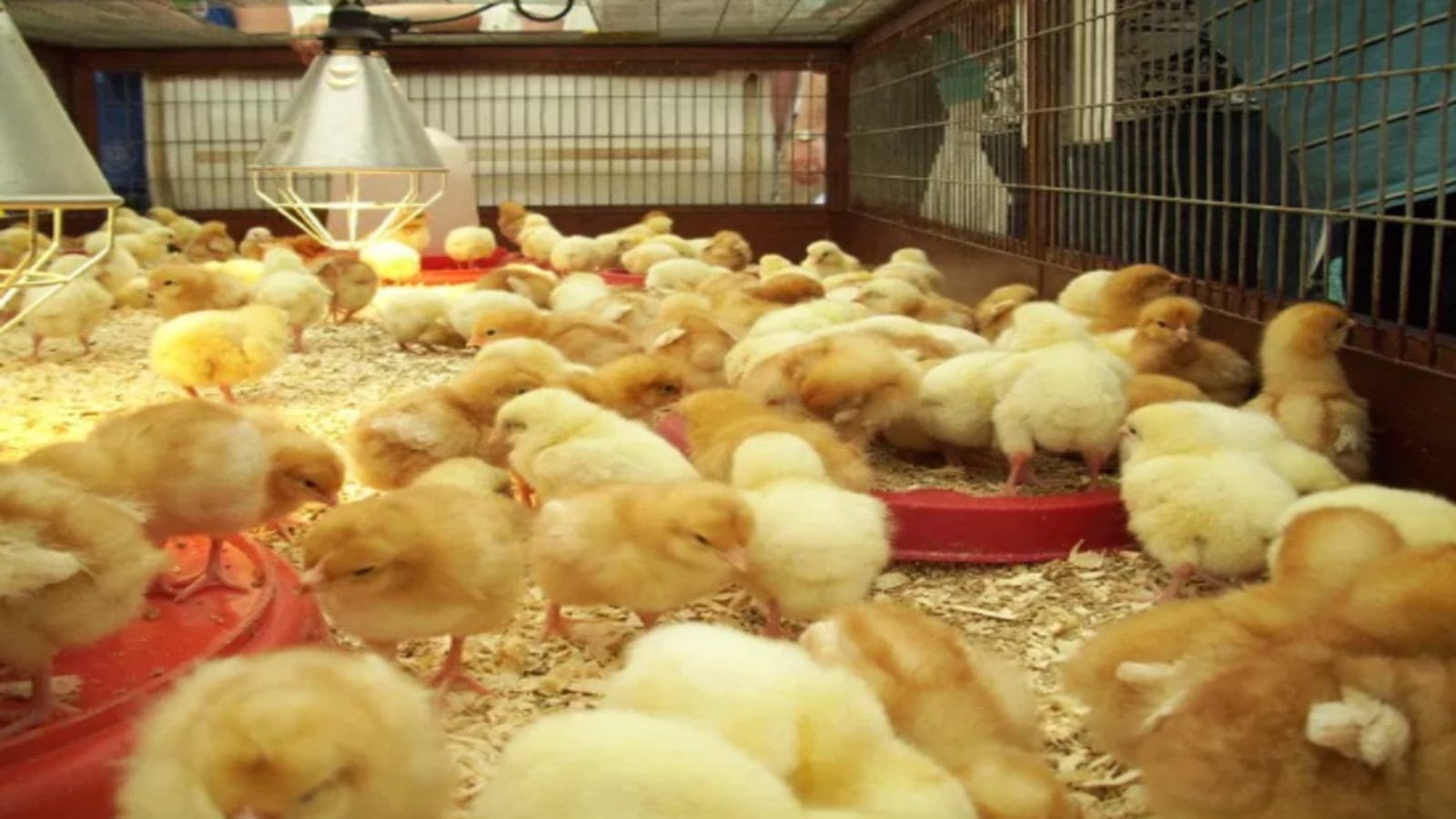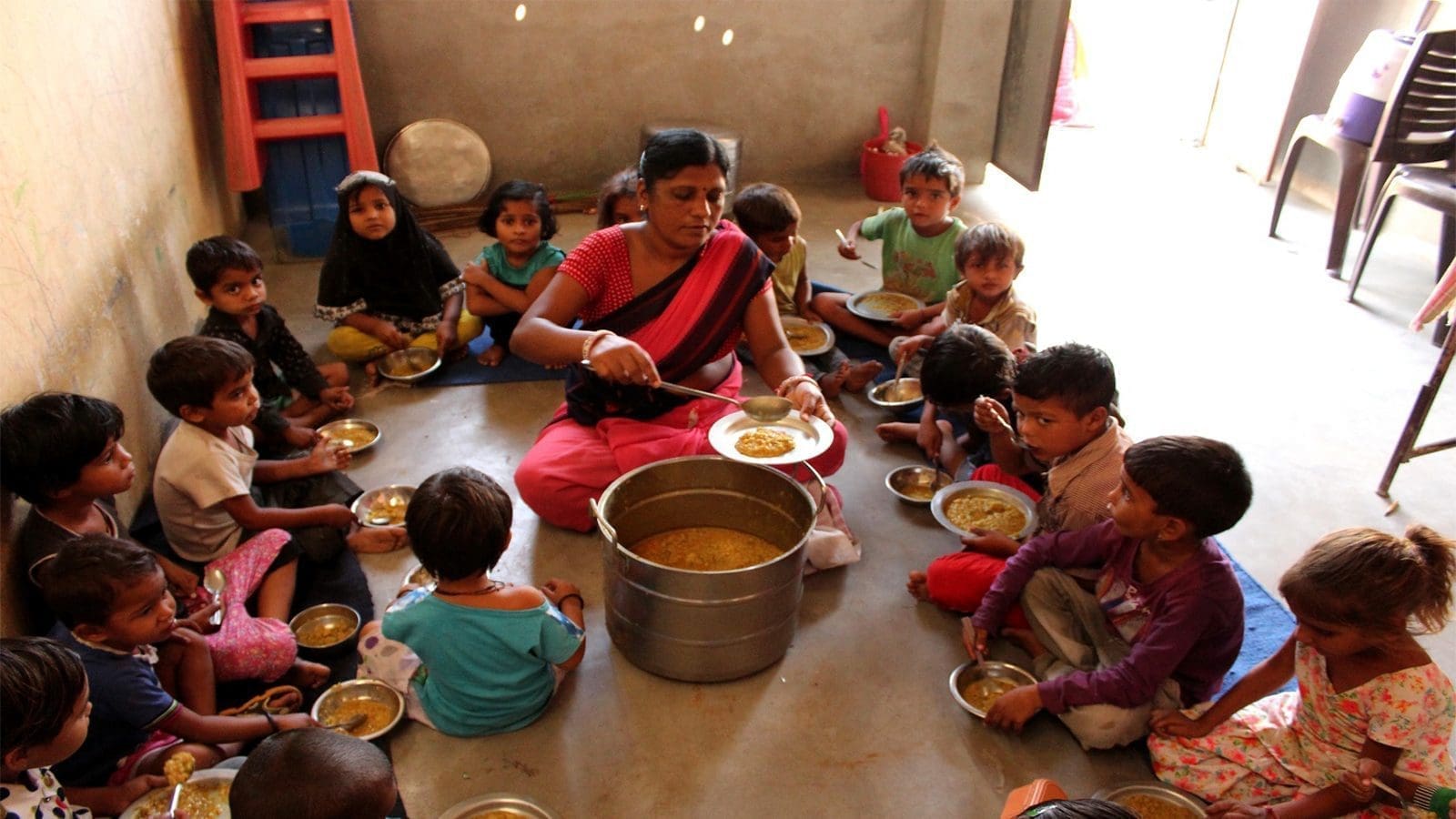NIGERIA – Nigeria’s National Biosafety Management Agency (NBMA) has announced the national guidelines on gene editing and distributed printed copies of the guidelines to the public in Abuja.
Speaking at the launch, the Director-General/Chief Executive Officer of NBMA, Dr. Rufus Ebegba, stressed NBMA’s dedication in ensuring that all gene-edited products in Nigeria are properly regulated.
He said the NBMA act 2015 as amended, gave the Agency the authority to ensure that all Gene edited products are properly regulated within the country hence the need to develop a guidance document which will guide and help in the regulation of gene edited products.
The Director-General told stakeholders at the launch that, while it is a given, that genetical modification occurs naturally in an organism, the agency and the scientific community was not unaware of the fact that other human-induced modification takes place and would need to be regulated for the safety of man and the environment.
He noted that within the gene-editing process itself, there are some products, due to the process of development, that fall squarely within the purview of biosafety regulations, referred to as genetically-modified products.
“However, those that do not fall within the purview of genetically-modified products may not require a vigorous biosafety process. Those that fall squarely within the purview of GMOs need to be given a vigorous review process,” he said.
Dr. Ebegba also added that having an organized research society is vital in ensuring the safety of gene-edited crops to the environment and human health.
He highlighted that the Agency should be notified of any Gene edited products in order to ensure it passes through the rigorous processes and procedures.
Policy a game changer
The Country Representative, Biosafety Systems, Dr Matthew Dore, pointed out that the policy was a laudable game-changer for bio-safety activities in Nigeria.
He said the marked progress has come to diminish the fallacies, that were relied upon to move biosafety backwards in Nigeria.
“It is there for all scientists who wish to carry out gene editing. The safety of the product arising from gene editing is the focus of the guideline. I hope the National Biosafety and Management Agency would upload on the website so that it would be available to all to access and be professionally guided,” Sore stated.
Dr Rose Gidado, the stakeholder, from National Agency for Biotechnology Development Agency (NABDA), noted that Nigeria was the first country in Africa to make this kind of advancement of the emerging technology, save for Ethiopia and Kenya, which have made some stride.
“Ghana got her law before us in Nigeria but Nigeria has gone far with the new technology,” she said.
Nigeria made history in biotech innovation on the commercialization of sub-Saharan Africa’s first genetically modified (GM) food crop — insect-resistant cowpea and TELA maize in 2021. It also kicked off the environmental release process of an improved GM rice, high-yielding nitrogen-efficient, water-efficient, salt-tolerant (NEWEST).
Liked this article? Subscribe to Food Safety Africa News, our regular email newsletters with the latest news insights from Africa and the World’s food safety, quality and compliance. SUBSCRIBE HERE








